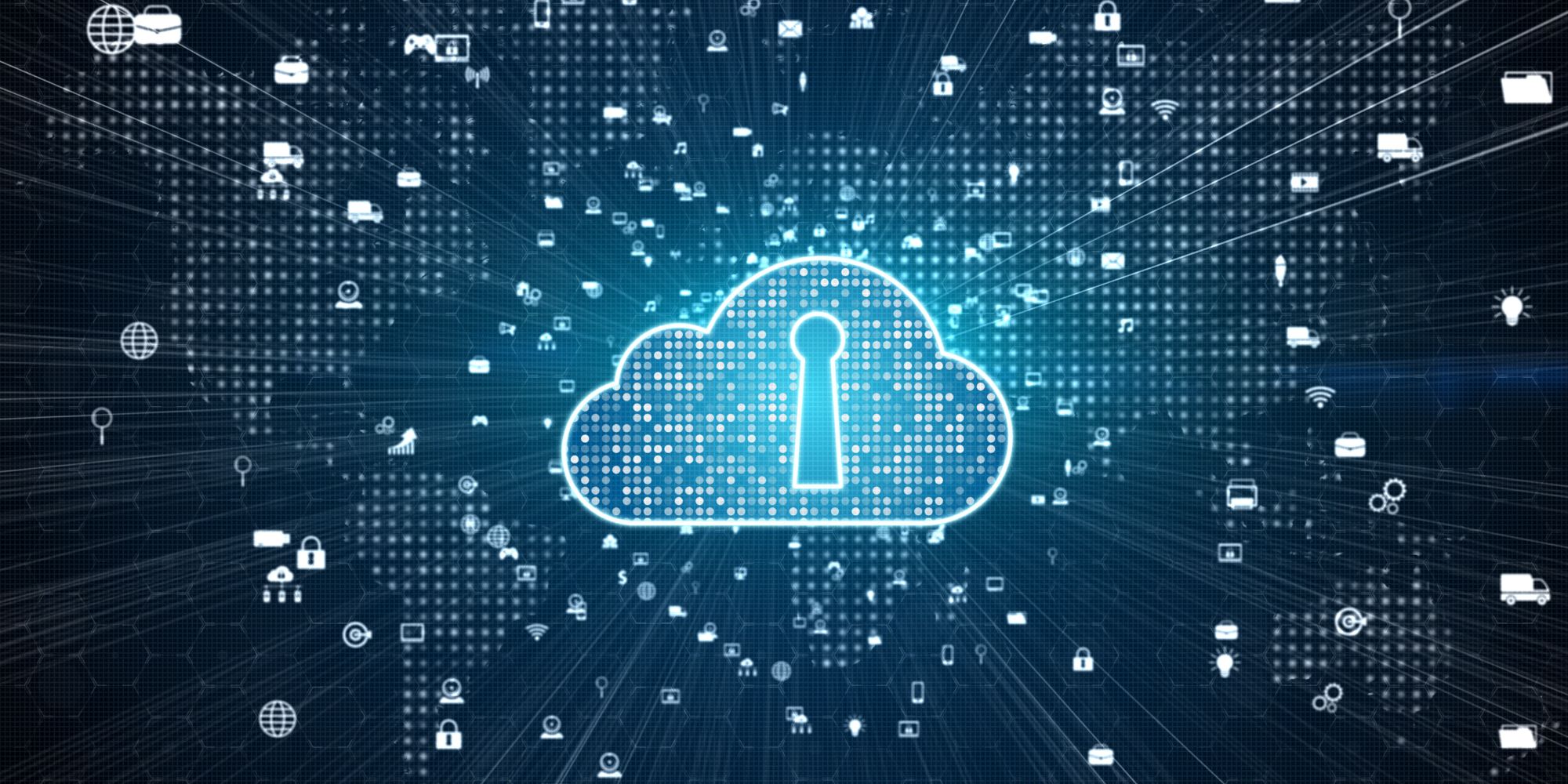What is an NFT and why is this becoming a big deal in the news? NFTs, or non-fungible tokens, are cryptographic tokens that allow someone to verify that an online asset is the original. 2020 was a big year for the crypto world and the topic of decentralized finance has only grown in popularity, with the likes of Tesla purchasing large amounts of cryptocurrency and Bitcoin reaching all-time highs. NFT’s showed a steady uptick in popularity and use since the end of 2020 and in some cases, have sold for millions of dollars.
Cryptocurrencies such as Bitcoin are known as ‘fungible’ tokens because tokens are interchangeable and not unique. This means that if you were to exchange one Bitcoin for another, you’re essentially getting the same thing. There is nothing unique about each coin. In contrast, non-fungible tokens represent something unique that can’t be replaced. Like trading or selling an original painting that can be verified as authentic, an NFT can be stamped onto, as an example, an original GIF or photograph as proof that that thing is the original. In other words, an NFT is a cryptographic token that allows someone to verify that an online asset is the original. This in turn creates scarcity, which in theory creates value, even in the digital space where assets are not tangible.
Keeping your NFTs Secure
Considering the potential value of NFTs naturally brings up the topic of securing these digital assets. Are they safe to use? In general, buying and owning NFTs are as safe as buying and owning cryptocurrency. But, while the technology behind NFTs are thought of as being secure, there are still things you want to do to ensure your investment is safe. Here are tips in keeping NFTs safe:
- Choose a secure wallet. As with cryptocurrencies, NFTs are stored and used via a cryptocurrency wallet. As such, the wallet you decide to use is important as some wallets are more reputable and secure than others. Ideally, you will want a wallet that stores your private key only on your device, requires strong passwords, is two-factor authentication capable, encrypts your data and requires you to set up a recovery passphrase.
In one case study, Hacken, a cybersecurity company focused on blockchain technology, reviewed 9 such non-custodial wallets. Based on a myriad of factors, including things like whether or not each wallet published their third party audit results, require strong passwords and have had a history of breaches, they determined that the safest wallet is made by Metamask and Enjin. For a more thorough explanation of the methodology used and a list of wallets, click here.
- Use a complex password. Do you find yourself using the same password for different accounts? Stop doing that! A lengthy, unique, complex password is a must for your wallet. Pro tip: this advice should be taken for every account you have.
- Enable two-factor authentication. As with your cryptocurrency wallet, two-factor authentication goes a long way. By requiring verification before completing activities, the chances of an NFT being stolen or accidentally sent to someone becomes a lot less likely.
- Keep your recovery phrase in a secure place. In the event you lose your password, your passphrase is your last resort in recovering your account. Make sure that your passphrase is not easily guessable by using a mnemonic phrase and make sure that you keep this in a secure location. If you lose your recovery phrase, recovering your account is virtually impossible.
- Back up your wallet regularly. In the event you experience a system failure or lose a device, you can have peace of mind that you can recover your data. It is a good idea to have multiple backups.
- Update your software regularly. Software updates include security fixes.
- Use a secure internet connection. Using public wifi makes it easier for an attacker to steal your information. If you need to use public wifi, use a VPN to secure your connection and turn off your device’s bluetooth connection.
In addition to these steps, one last thing to understand are your legal rights as they pertain to your NFTs. Though NFTs prove that a specific piece of data is unique, they do not prevent someone from tokenizing something that is not theirs. Fortunately, there are legal protections you have access to. Standard copyright law may apply to NFTs. If, for example, you believe your digital art was being appropriated, you could file a takedown notice against the platform selling and creators of these NFTs using the Digital Millennium Copyright Act (DCMA)*.
Coindesk also recommends that one specifies what you are giving to buyers. If you own the rights to a work you’re selling, are you the owner of the underlying art (i.e. an original GIF) or just the digital representation? In other words, when possible or appropriate be specific on the front end by structuring your smart contract to specify the rights being transferred.
https://hacked.com/what-is-a-non-fungible-token-nft/
https://hacken.io/researches-and-investigations/hacken-research-how-safe-is-your-nft-wallet/






